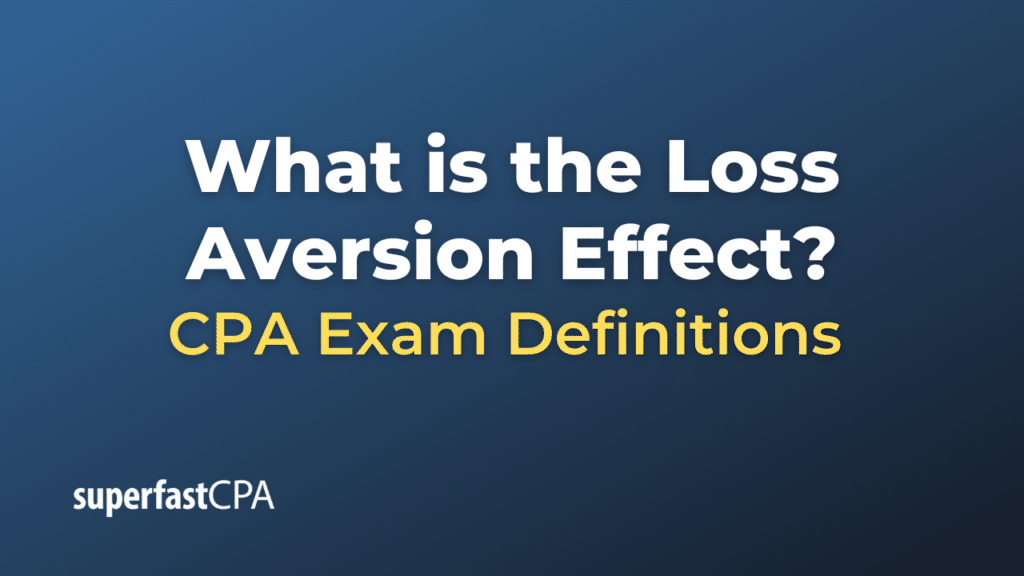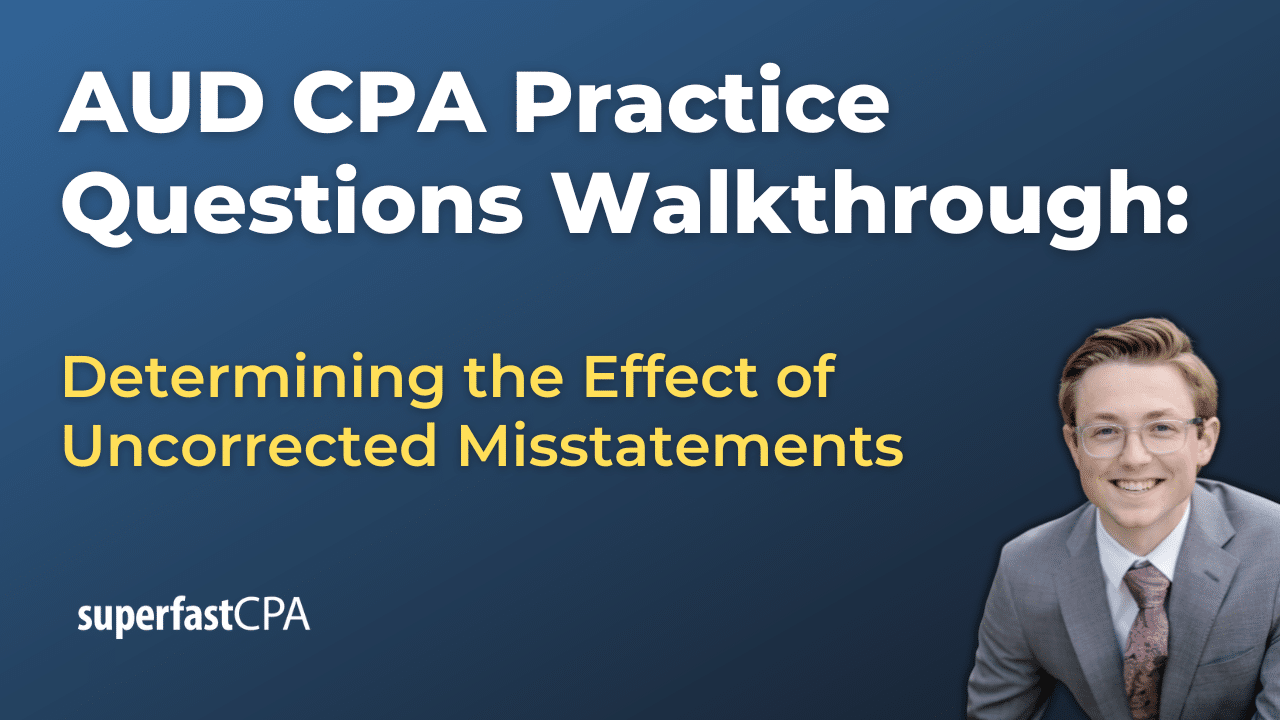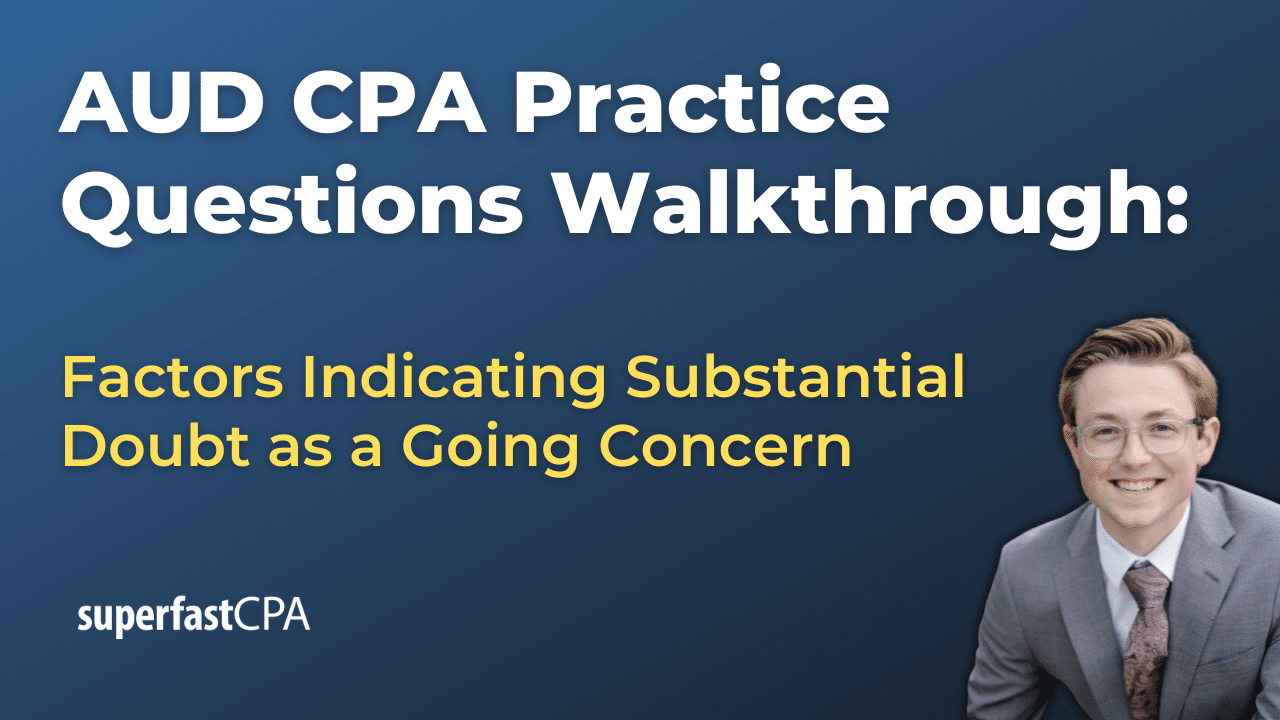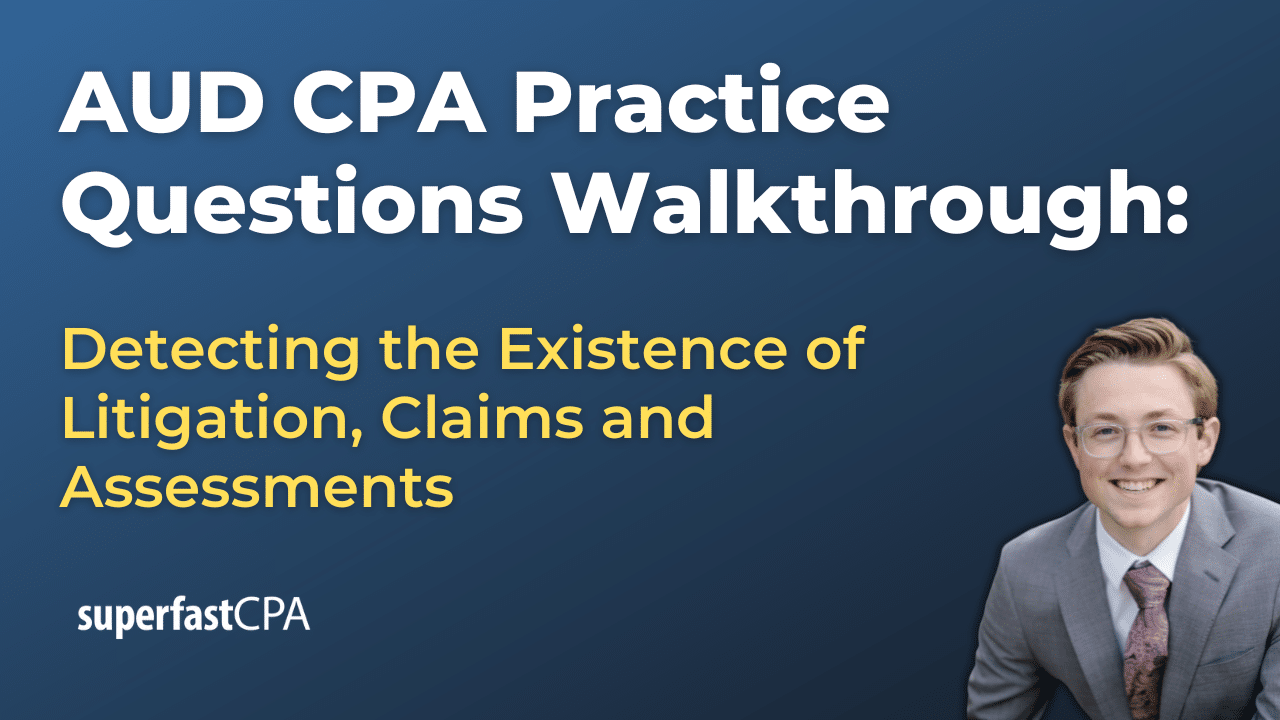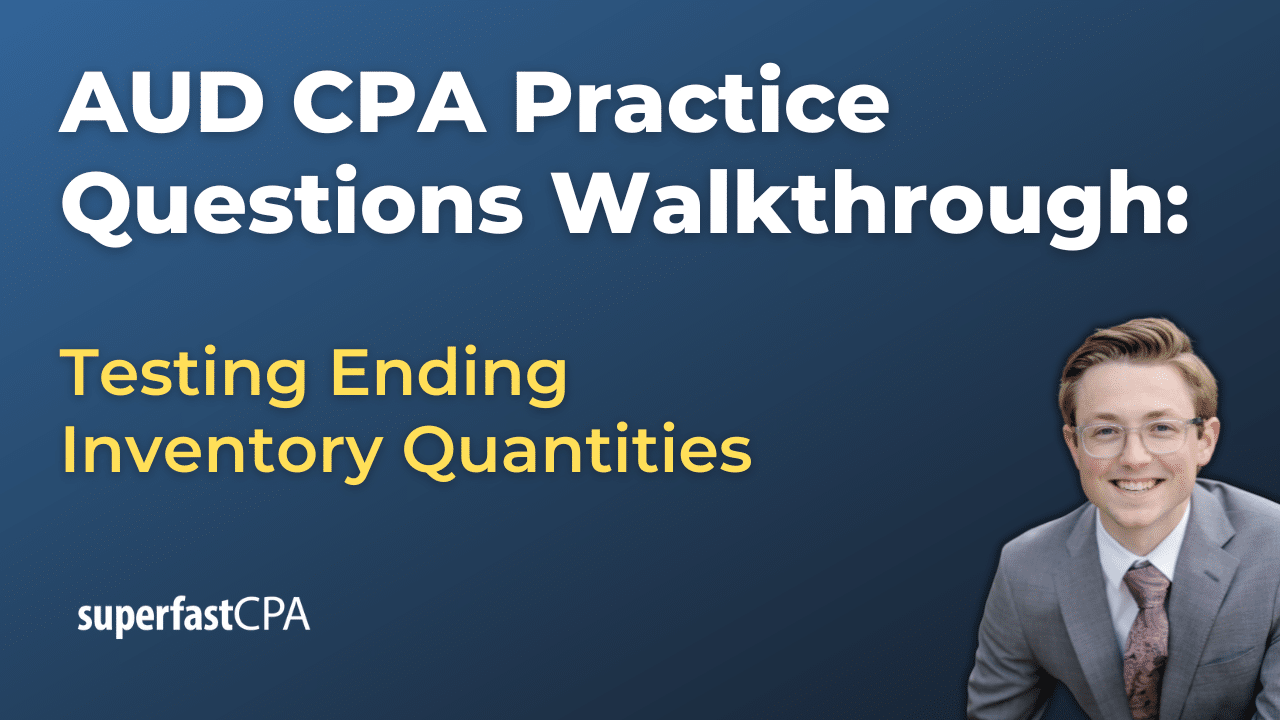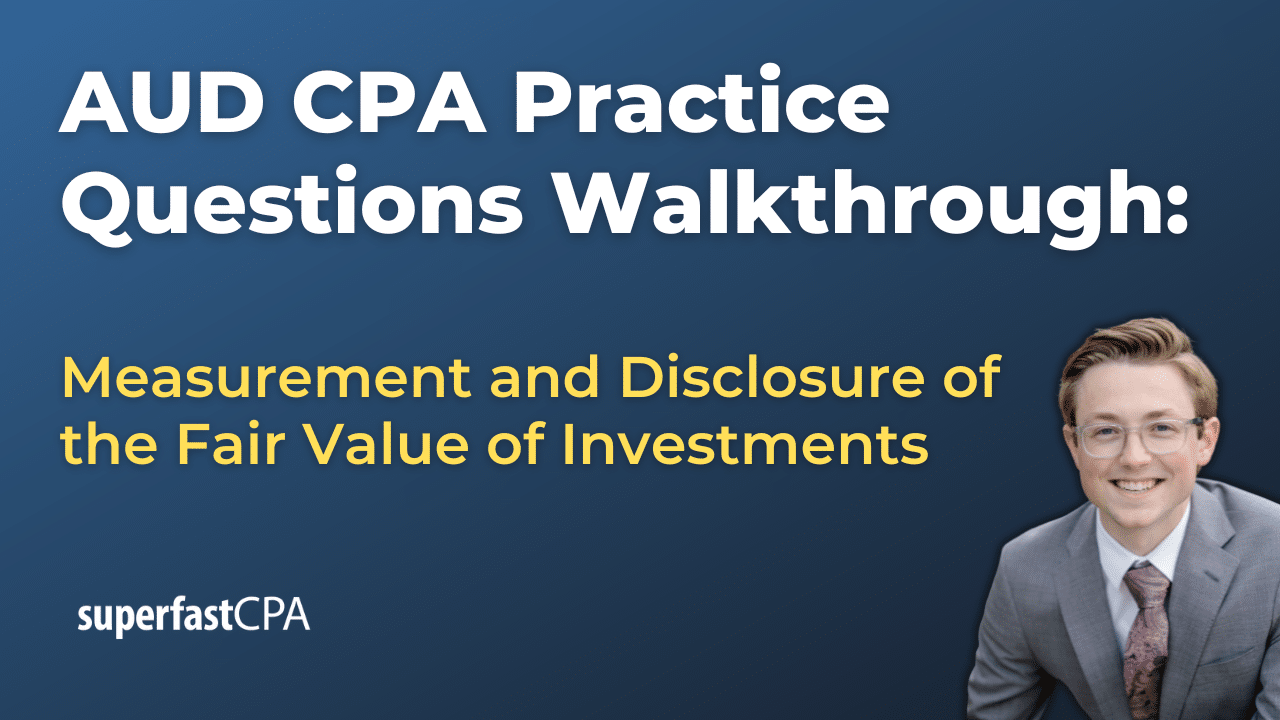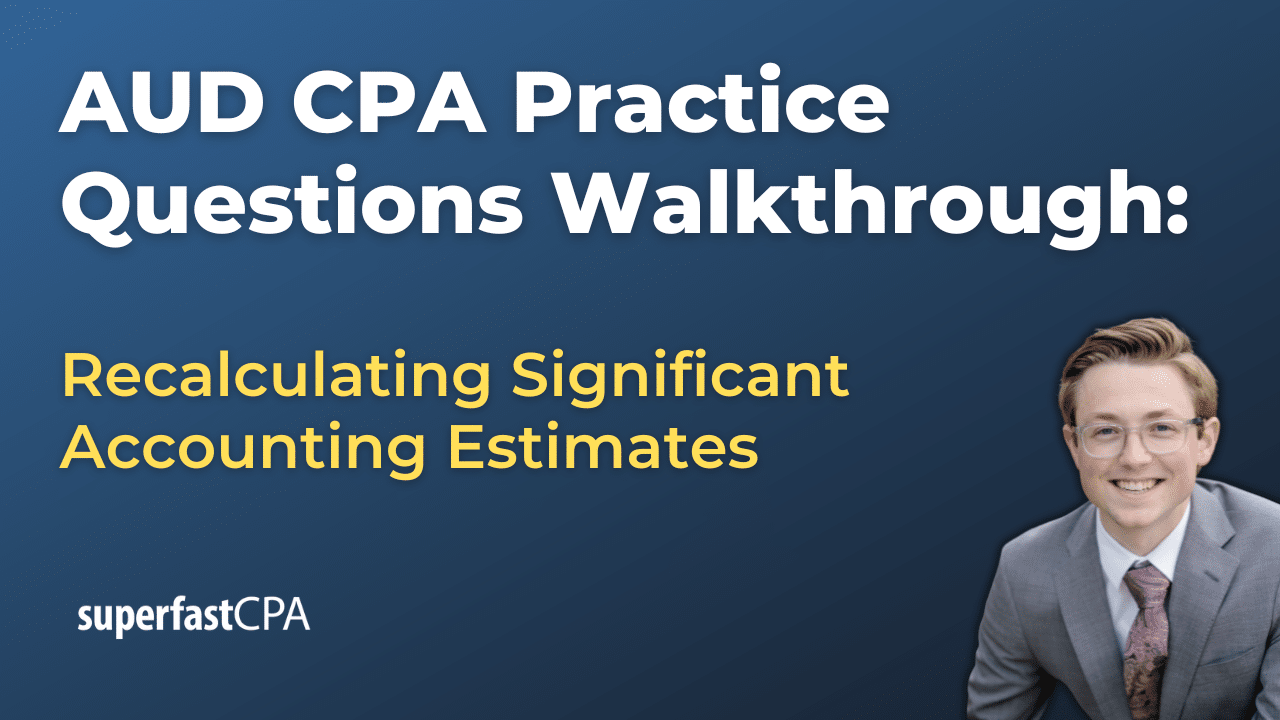Loss Aversion Effect
Loss aversion is a concept in behavioral economics referring to people’s tendency to prefer avoiding losses to acquiring equivalent gains. It’s based on the observation that the emotional impact of a loss is much stronger than the pleasure experienced from a gain of the same amount.
For example, the pain of losing $100 is typically much greater than the pleasure of gaining $100. People tend to go to greater lengths to avoid a loss than to secure a gain, leading to risk-averse behavior.
Loss aversion can significantly impact decision-making and economic behavior. For instance, it might explain why some individuals hold onto losing investments longer than they should, in the hope that they will rebound. They fear realizing a loss, even when evidence suggests it would be more beneficial to sell and invest in more promising opportunities.
This effect is also a key component of Prospect Theory, a behavioral economic theory developed by Daniel Kahneman and Amos Tversky, which analyzes how people decide between alternatives that involve risk and uncertainty. Loss aversion, according to Prospect Theory, leads to the asymmetry of the value function, where the function is steeper for losses than for gains.
Understanding loss aversion can help in various fields, such as marketing, finance, and policy-making, to predict how individuals might react in different scenarios involving potential gain or loss.
Example of the Loss Aversion Effect
Let’s consider a couple of examples to illustrate the concept of loss aversion:
- Investment Decision: Suppose you’ve invested in a stock that has decreased in value since you bought it. You know it would be more rational to sell this stock and invest in another one that has more potential. However, you hold onto the losing stock, hoping it will bounce back to its original price, so you don’t have to “realize” the loss. This is loss aversion in action, as you’re more concerned about avoiding the loss than making a potentially advantageous decision.
- Marketing Scenario: Many businesses leverage loss aversion in their marketing strategies. For instance, a software company might offer a free one-month trial to potential customers and then send a reminder stating, “Your trial period is ending. Don’t lose your access to our features!” This approach can be more effective than simply saying, “Enjoy continued access by purchasing our product!” The potential loss (of access to features) is more motivating than the potential gain (of continued access).
- Gambling Situation: Suppose a friend challenges you to a coin toss game. If the coin lands on heads, you win $20, but if it lands on tails, you lose $20. Even though the game is fair, many people will refuse to play because the fear of losing $20 outweighs the potential joy of winning $20. This demonstrates loss aversion—the avoidance of loss is stronger than the appeal of an equivalent gain.
These examples illustrate how loss aversion can impact decision-making in different contexts. It’s a powerful psychological bias that can affect personal finances, investment decisions, and consumer behavior.

